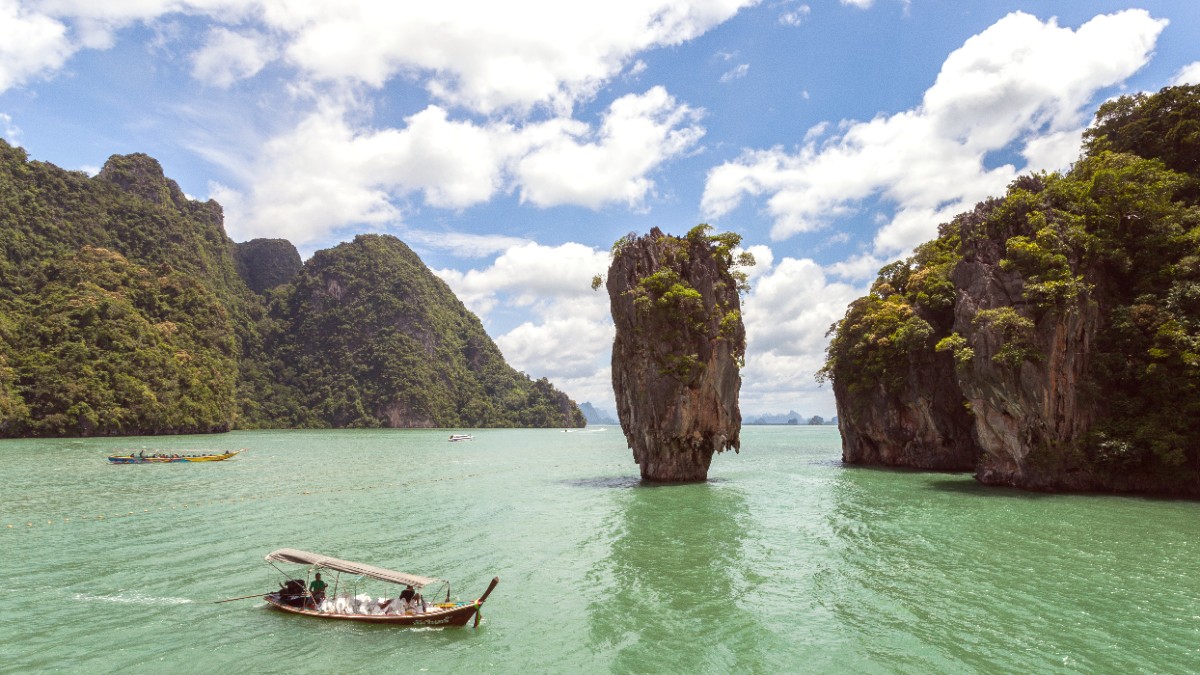
Andaman Coast, Thailand
Mu Ko Phi Phi National Park protects marine and terrestrial ecosystems.
Efforts protect coral reefs and marine life from over-tourism and pollution.
Fragile geological formations requiring protection from development.
Conserving resources and managing waste contribute to a healthier environment.
Thailand faces challenges with plastic waste.
Water scarcity during the dry season is a concern, especially on smaller islands.
Seek out stays committed to environmental care.
Mitigate your travel footprint.
Inquire about environmental policies. Choose those with responsible waste disposal on tours.
G AdventuresAdhere to no-touch policies for wildlife. Avoid tours that encourage feeding or disturbing animals.
PatagoniaChoose tour operators with responsible waste disposal, no-touch policies for wildlife, and eco-friendly practices. Avoid disturbing animals.
Engaging with local culture calls for respectful interactions.
Supporting local arts and crafts protects heritage.
Show respect through proper conduct.
Your choices shape local livelihoods and animal welfare.
Be aware of and report any suspected child exploitation. Do not engage with child begging, as it can be part of organized schemes.
Avoid activities involving animal cruelty. Research ethical elephant sanctuaries that prioritize animal welfare, observation over riding.
Giving money to beggars can perpetuate poverty. Consider donating to reputable local charities or NGOs for sustainable support.
Your travel dollars directly impact the local economy.
Seek tours directly run by local communities where profits directly benefit them.
Purchase souvenirs from local markets and artisans to ensure money stays within the community.
Eat at local street food stalls and use local transport options like songthaews.
Your spending directly supports local communities and livelihoods.
Adhering to local customs strengthens cultural ties and mutual regard.
Mindful choices help preserve natural resources and ecosystems.